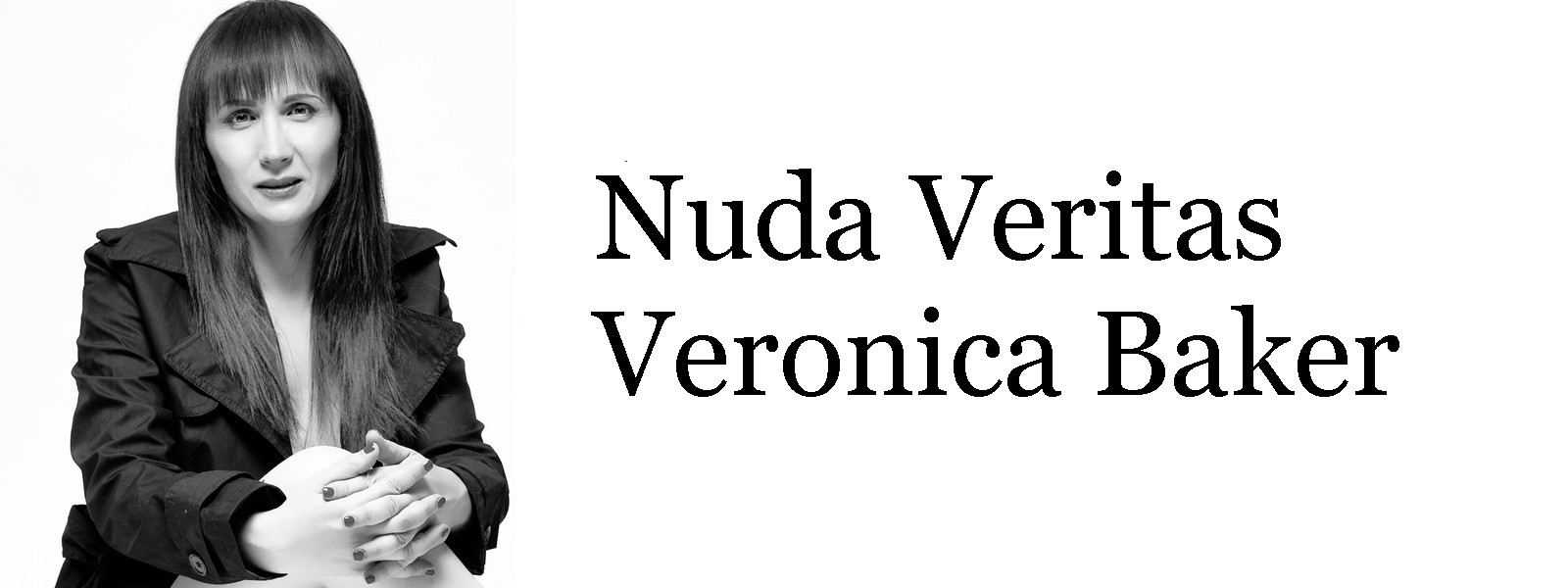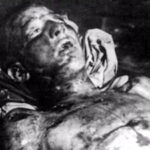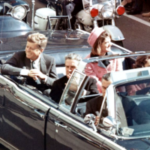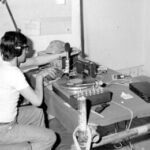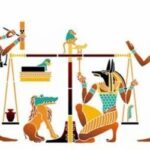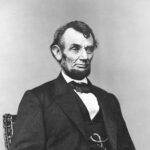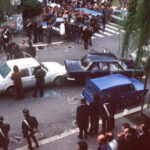October 29, 2024 Books, Hidden history
It gives readers real life lessons.
A Man. A work destined to remain indelible in time
“I have always been a fighter, a fighter for a better Greece, for a better future, for a society that believes in people.
If I am standing here, it is because I believe in man.And to believe in man is to believe in his freedom.
Freedom of thought, of speech, of criticism, of opposition: everything that Papadopoulos’ fascist coup removed…”“…I do not love violence.
I hate it.I don’t even like political murder.
When it happens in a country where there is a free parliament and where citizens have the freedom to express themselves, to oppose, to think differently, I condemn it with disgust and anger.But when a government imposes itself by force and by force prevents citizens from expressing themselves, from opposing, even from thinking, then the use of force is a necessity.
An imperative indeed.Jesus Christ and Gandhi would explain this better than I can.
There is no other way, and it does not matter that I have not succeeded.Others will follow.
And they will succeed.Prepare yourselves and tremble…”
“…I accept this sentence as of now.
For the swan song of a true fighter is the gasp he gives when he is shot by the firing squad of a tyranny”.
These are excerpts from Alekos Panagulis’ apology at the mock trial he was subjected to after his assassination attempt on Georgios Papadopulos, the tyrant who headed the Colonels’ regime in Greece in the early 1970s.
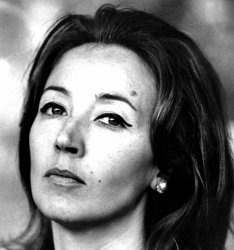
In 1979 the publishing season was dominated by Oriana Fallaci.
The Florentine journalist had returned to writing after four years of silence, following the success of “Lettera a un bambino mai nato”, the book that had been the bestseller in Italy for two consecutive years (’75 and ’76) and that had finally consecrated her internationally, to the point of receiving no less than twenty-one translations, at the time a record for an Italian writer.
Thousands of readers, in that hot summer of ’79, were in a frenzy of anticipation.
The Rizzoli publishing house, at the end of the author’s countless and exhausting corrections, finally managed to print the long-awaited copies of Fallaci’s new work in mid-July.
In a few weeks “A man” reached two hundred thousand copies, an undeniable sign of public approval.
Nevertheless, the most important critics of the national press did not spare her from invectives and attacks of all kinds.
Giants like Montanelli and Bocca dismissed the book with shallow perfidy, and a newspaper like “L’Unità” waged a shameful campaign of hatred.
As unfortunately happens all too often in Italy, Fallaci was never forgiven for her extraordinary success.
Her “colleagues” were certainly in the grip of a visceral envy of a journalist who, at the time, enjoyed unprecedented fame and, above all, a considerable bank account.
It should be remembered that Oriana Fallaci is still by far the most famous Italian journalist in the world, and this is a detail that many have never digested.
“A Man” is a work that, regardless of its sales, provoked bitter controversy and fiery lawsuits at the time.
It presents a novel truth about Alekos Panagulis, Alekos Panagulis, a protagonist of the Greek resistance against the colonels’ regime.
It is a true chronicle of real events, a portrait of a man who paid dearly for his dream of freedom.
Panagulis was her companion, her lover, the only love of her life.
Maria Giovanna Maglie in her book “Oriana. Incontri e passioni di una grande italiana”, published by Mondadori, dedicates three chapters to the turbulent and intense love between Fallaci and Panagulis.
A relationship, Maglie writes, full of ups and downs, disturbing passions and furious separations.
Personally, I have no hesitation in calling “A Man” Oriana Fallaci’s most painfully intimate book.
A book in which, more than any other, she openly revealed her controversial and inscrutable personality as a woman and a writer.
A novel that Fallaci herself, in one of the very rare interviews she gave, called a due act, that is, a literary redemption to pay homage to the memory of her beloved Panagulis.
The writer, it should be noted, met the symbol of the Greek resistance in 1973 on the occasion of an interview that Panagulis himself agreed to grant her.
“A Man” is undoubtedly a political novel, in fact it would be better to call it ideological.
It is written as a fairy tale, which means that it follows the classic structure of a fairy tale.
Beginning, period of great trials, return to the village, final challenge, death and apotheosis.
That is, the assassination attempt on Papadopulos, arrest, torture, trial, death sentence, exile, return home after the fall of the dictatorship, death and the grand funeral.
Alekos Panagulis, Fallaci herself said in an interview, “was the wisdom of the poet fighting windmills.
Painful, yes, but at the same time exhilarating and joyful as in Philo of Alexandria.”
“A Man” gives readers real life lessons.
The biography of the symbol of Greek resistance is a lesson not to resign, not to conform, not to submit to the constraints of power, not to remain sheep of the flock, but to be conscious and courageous men, defenders of their own freedom.
, has given to our literary heritage with “A Man” a unique jewel, a work destined to remain indelible in time for its quality of writing and its content of civil denunciation.
And anyone who wants to dive into the unforgettable ocean of men and ideas of the 1970s cannot but start from the literary work that sanctioned the end of that tragic decade, precisely Oriana Fallaci’s “Un uomo”.
